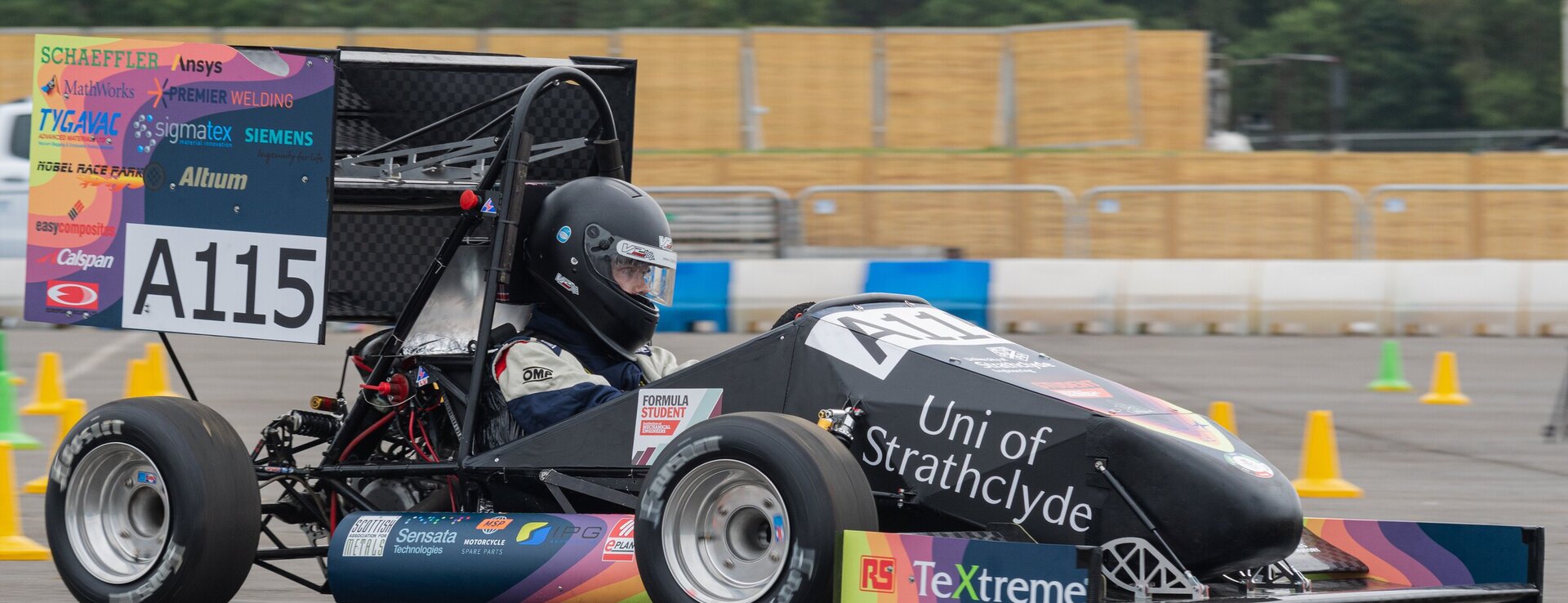With #COP26 coming up fast in November, SPAL assesses whether the UK automotive industry is in good shape and on track to achieve net zero by 2050.
The whole transport sector accounts for 10% of the world’s CO2 emissions so it is a natural target in the battle against climate change to limit global warming to 1.5˚C.
The internal combustion engine has been a significant polluter since the latter half of the 20th Century and though there has been a focus on cleaner fuels and cleaner engines since the 1980s, the move to hybrid and electric vehicles has accelerated as they become more affordable and the national network of charging points is expanding.
SPAL has played a significant role in the development of EV
Cooling technology specialist SPAL has played a significant role in supporting the development of EV, providing world leading thermal management solutions for battery cooling, placing them at the forefront of the biggest industrial transition in the last century.
Accordingly, the company has been key to the big push to replace ICE with EVs by 2035 with its high-performance engine cooling fans - in particular, the introduction of brushless technology fans. Smart controlled, lightweight and super-efficient, they contribute to fuel savings and reduced emissions and have played a role in the Race to Zero.
Looking around, EVs are becoming more visible with more cars on the road and charging points popping up in pub car parks, supermarkets and the Moto service station at Rugby services opened this summer. But now the task is to make EVs not just aspirational but more accessible in terms of purchase and running costs. China is ahead of the game in this sense with the introduction of the mini EV with its appealing customisable finish and affordable price point.
However, while reducing CO2 emissions from the tailpipe has been the aim, the production of EVs itself produces CO2, particularly the extraction and processing of lithium for the batteries. The power source for charging electric cars also has to be sustainable and needs to be balanced with the ability to offset equivalent amounts of CO2 by planting trees and/or by carbon capture and storage. SPAL is doing its bit with the former by supporting Worcestershire Wildlife Trust to create wild spaces in its locality.
While EV is the overall direction and manufacturers are expanding their EV offering, there is the sense that on the road to zero emissions, the industry needs to keep its options open until the entire EV infrastructure is securely in place. Particularly as alternative fuels such as hydrogen are attracting more investment and key players like Porsche committing to eFuel development which may serve to keep the ICE among the suite of eco propulsion methods.
In any event, keeping 2050 in mind as the cut-off point, going for the pure electric solution is still waiting for that Eureka moment.
Photo by NASA on Unsplash
Do you have a question for us?
Do you have a specific question for us that hasn’t been covered?
Drop us a line at sales@spalautomotive.co.uk or call Technical Sales Support on 01905 613 714.




